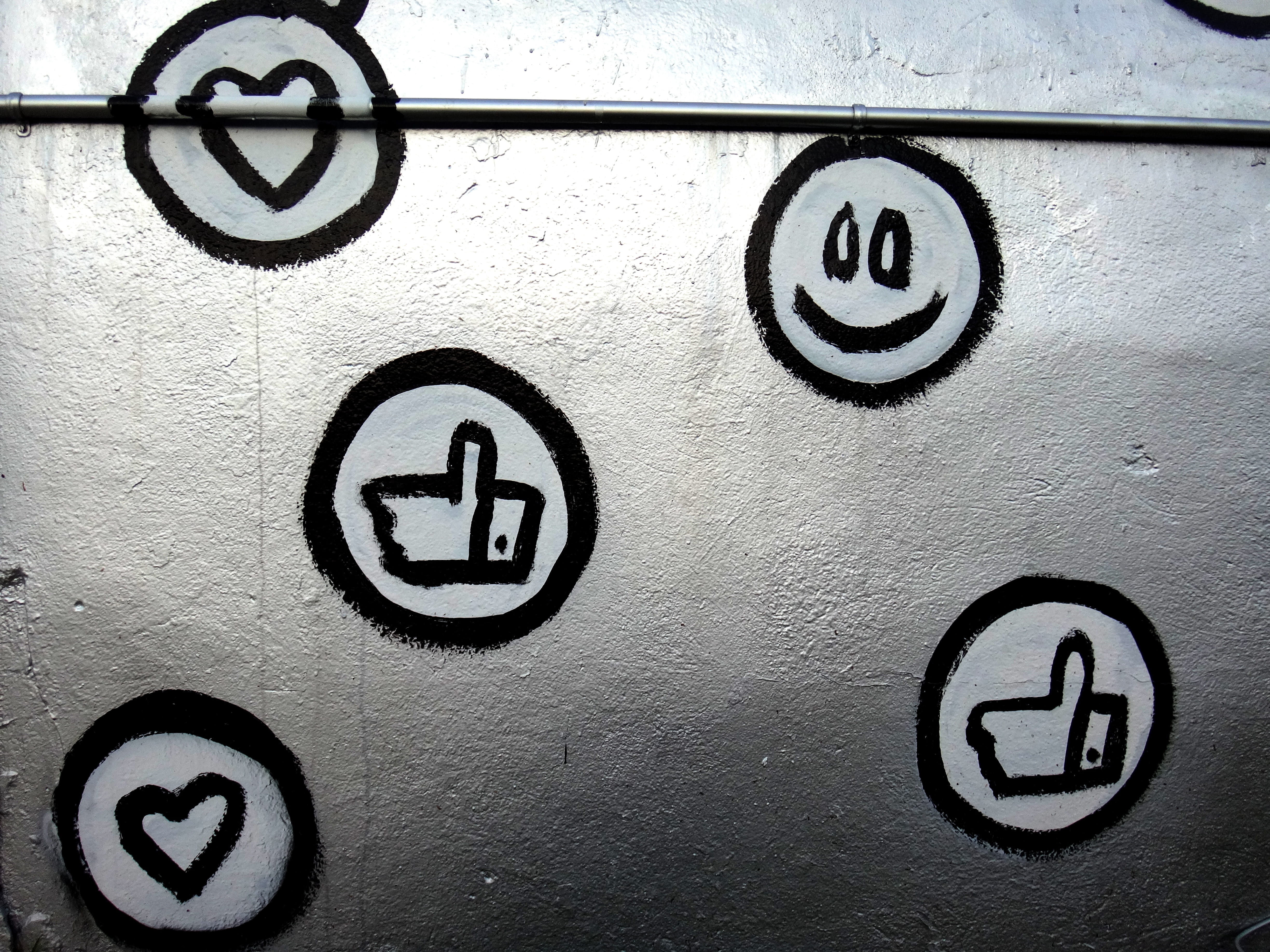Blog
Body Image and Social Media
By Petya Eckler, University of Strathclyde
'Even I don't wake up looking like Cindy Crawford,' said the supermodel herself on Instagram in 2017. So then, why are so many of us chasing the impossible for our looks and our bodies, and feeling miserable when we fail to achieve it?
Is it because of traditional media? Social media? Advertising? Our friends or family? Or is it us?
Actually, it’s all of the above.

Research shows that our body image is affected by our age (and in fact changes with age), gender, ethnicity, body size. How much we buy into the idea of the ideal thin body (internalisation) also influences our body image, as well as how much we compare our body to others, how much we see it as an object (objectification), and how much we try to be perfect.
But our family and friends can also greatly affect how we feel about our bodies. If our parents are following every fad diet and are unhappy with themselves, we’ll probably accept that as normal and follow suit. If our friends often fat talk together and disparage each other’s looks, we’ll most likely be doing the same.
And then come the media and the culture we live in, with their constant fixation on the unattainable. From Barbie dolls and Disney princesses to reality shows and Instagram influencers, the pressure to look thin but curvaceous, strong but vulnerable, toned, tanned but effortless develops from childhood and intensifies with age.
No wonder so many of us struggle to accept our bodies. A recent study by the Mental Health Foundation found that 20% of adults felt shame, 34% felt down or low and 19% felt disgusted because of their body image over the last year. Among teenagers the numbers were even higher: 37% felt upset and 31% felt ashamed from their body image.
This is one of the core points of focus for this week on our free online course, Gender Representation in the Media. We'll think about how traditional media and social media relate to body image, and also the impact of sexualisation. You can also read more about issues specific to social media and body image on the Healthy Social Media website.
Body image is not the problem of each individual body and each individual mind. It’s a problem of our collective mind, of our culture, which is very often portrayed through the media.
Comments: 0 (Add)
Get in touch
Explore how you can contribute to our vision of a more gender-equal media and culture in Scotland by reaching out today.
Sign up to our mailing list
Sign up to receive updates on EMCC events, opportunities, and our latest reports, straight to your inbox: